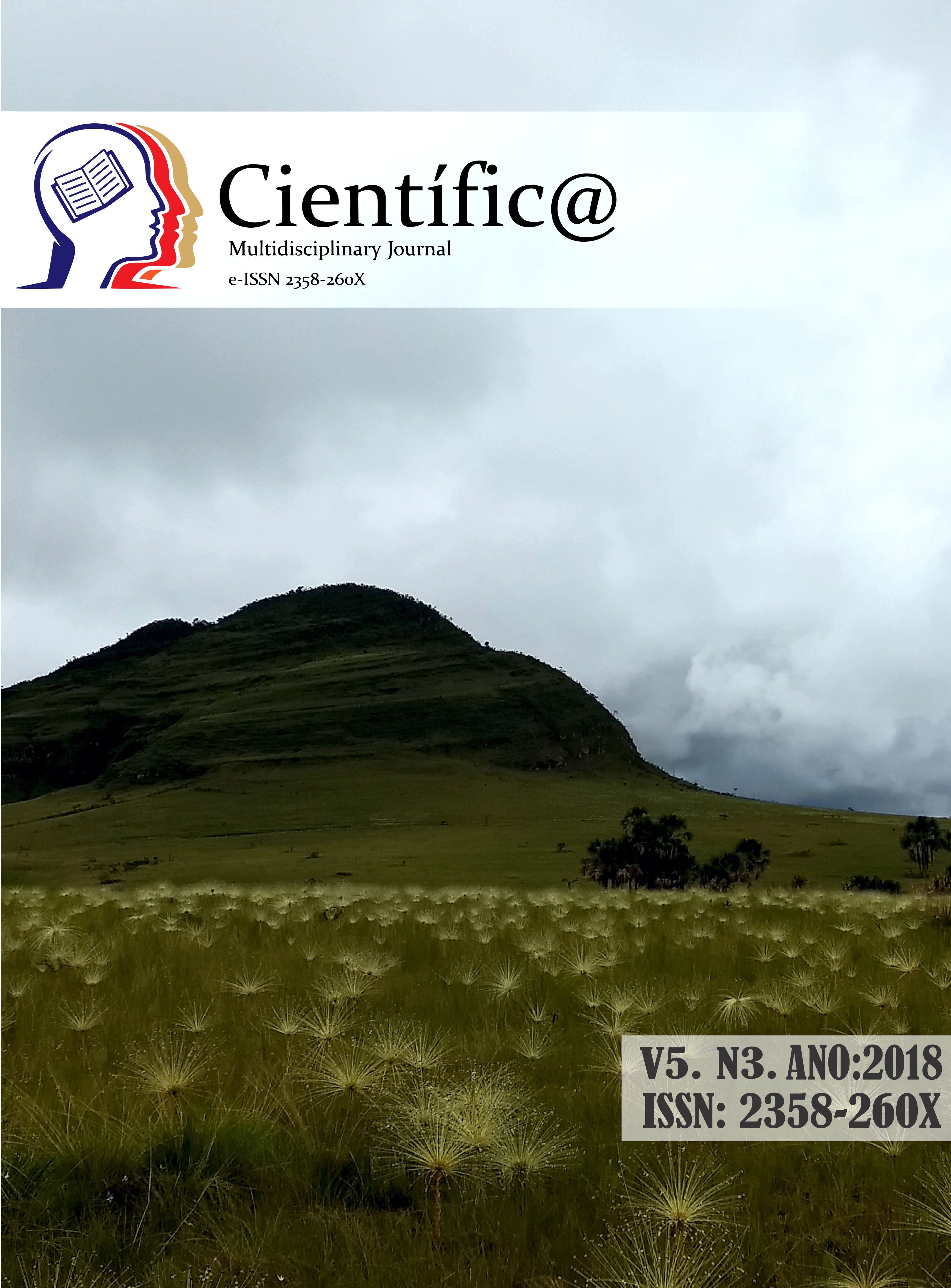Physical, chemical and biological soil quality and remote sensing in degraded pasture recovery through integrated systems
DOI:
https://doi.org/10.29247/2358-260X.2018v5i3.p145-160Abstract
Brazilian livestock production, based on extractivism and low sustainability, causes limited production, economic viability and soil degradation. Integrated systems are alternatives in the viable, sustainable and applied to the reality of the producers. The objective of the present work was to measure the physical, biological and chemical quality of the soil and to perform evaluation of biophysical parameters by remote sensing. The experiment was conducted in Rio Verde - Goiás, Brazil, with seven treatments: degraded pasture, degraded pasture with fertilization, conventional pasture reform, integration of crop-forest (with fruit trees and olive groves), livestock-forest integration with grazing, crop-livestock-forest integration with hay production and crop-livestock-forest integration with silage production with forage sorghum consortium with pasture. The parameters soil density, total porosity, macropores, S index and soil aeration capacity did not differ statistically. The degraded pastures presented higher microporosity in relation to the other treatments. The indexes indicate higher retention of water in the degraded pasture by the greater amount of micropores due to the compaction processes. All treatments were below the critical limit of S of 0.045, which values below this indicates degradation of soil structure. It was observed a higher population density of fungi and bacteria, besides spores of mycorrhizal fungi in soils of the treatments without revolving of the soil. Results regarding soil fertility were responsive only in the treatments where liming was performed. The remote sensing data were accurate in determining the current biomass and evapotranspiration in the treatments.
Downloads
Published
How to Cite
Issue
Section
License
Esta revista oferece acesso livre imediato ao seu conteúdo, seguindo o princípio de que disponibilizar gratuitamente o conhecimento científico ao público proporciona maior democratização mundial do conhecimento.
A partir da publicação realizada na revista os autores possuem copyright e direitos de publicação de seus artigos sem restrições.
A Revista Científic@ - Multidisciplinary Journal segue os preceitos legais da licença Creative Commons - Atribuição-NãoComercial 4.0 Internacional. 

